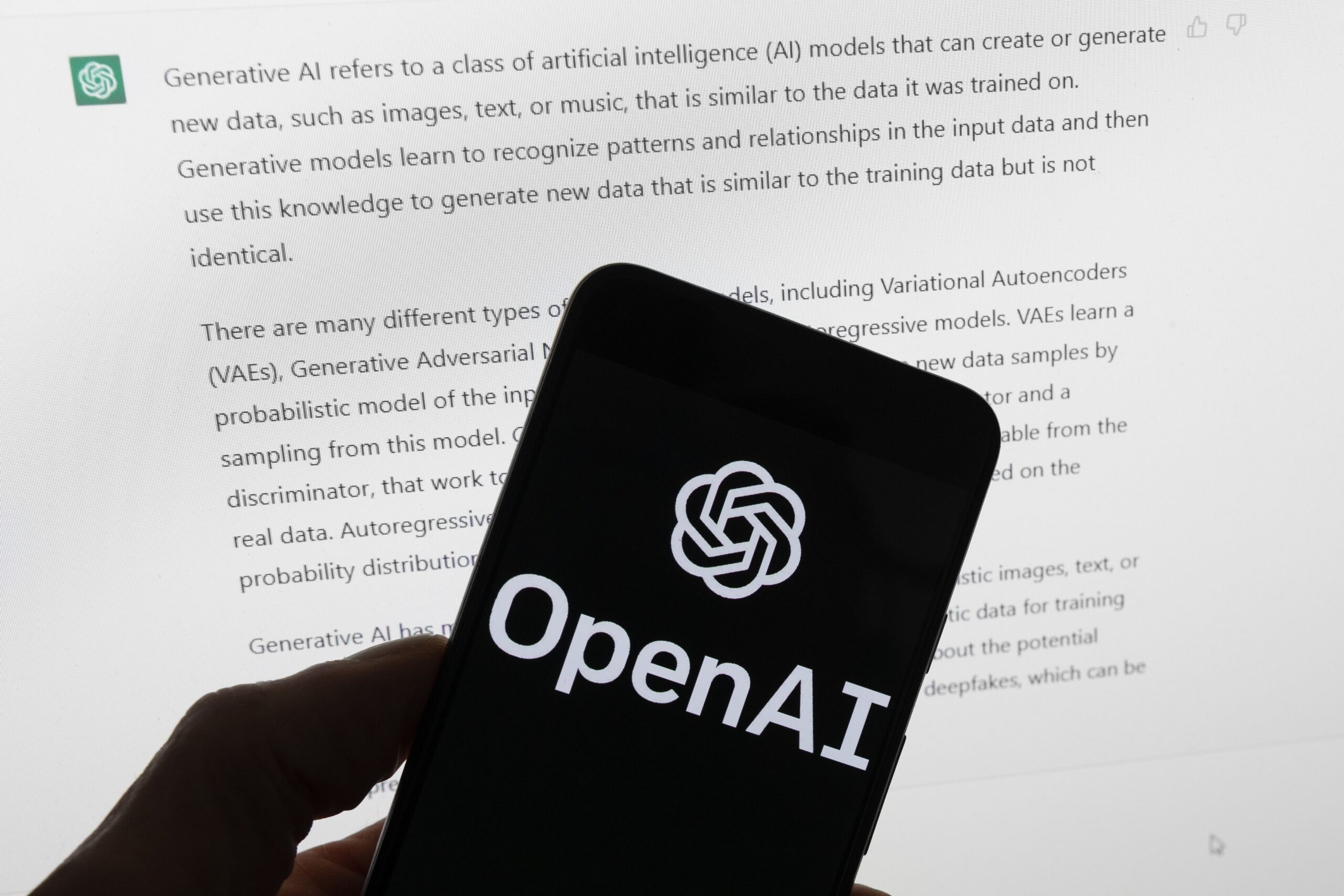ChatGPT is pretty popular, and depending on which media report you believe, it is either preparing to take your job and make you a dinosaur in your field, or it already has.
While the engineers that created the chatbots are handsomely compensated, with an average compensation package hovering around $800K per year, a class of workers below them at OpenAI aren’t pulling in the big bucks. In fact, they’d make more at McDonald’s.
I’m talking about the hard-working contractors in the U.S. that have the task of data labeling, which is essentially training ChatGPT’s software to respond to user requests as effectively as possible. For that, the pay is just $15 per hour—about half of what a high school babysitter makes in a big city.
NBC spoke with one of those workers, Alexej Savreux, who said, “We are grunt workers, but there would be no AI language systems without it. You can design all the neural networks you want, you can get all the researchers involved you want, but without labelers, you have no ChatGPT. You have nothing.”
Data labeling, which these jobs are called, is neither glamorous nor sexy, but it is very important. These workers are responsible for parsing data samples to help automated systems effectively identify items in a dataset. It plays a huge role in making ChatGPT work like magic — the workers assist the automated systems in responding to users’ requests more accurately.
In Kansas City, where Savreux is based, and many other workers are doing the same fast, the minimum wage is just $7.25, so OpenAI is paying more than double that, but for such an important task, the wage is pretty low.
That NBC story reported that OpenAI used to farm out these jobs to workers in Africa, where they were paying a paltry $2 per hour.
So keep that in mind the next time a ChatGPT chatbot saves your hide by writing your marketing plan or term paper for you. There’s a human element to artificial intelligence, and many of those humans aren’t making much for their efforts.


















Add comment